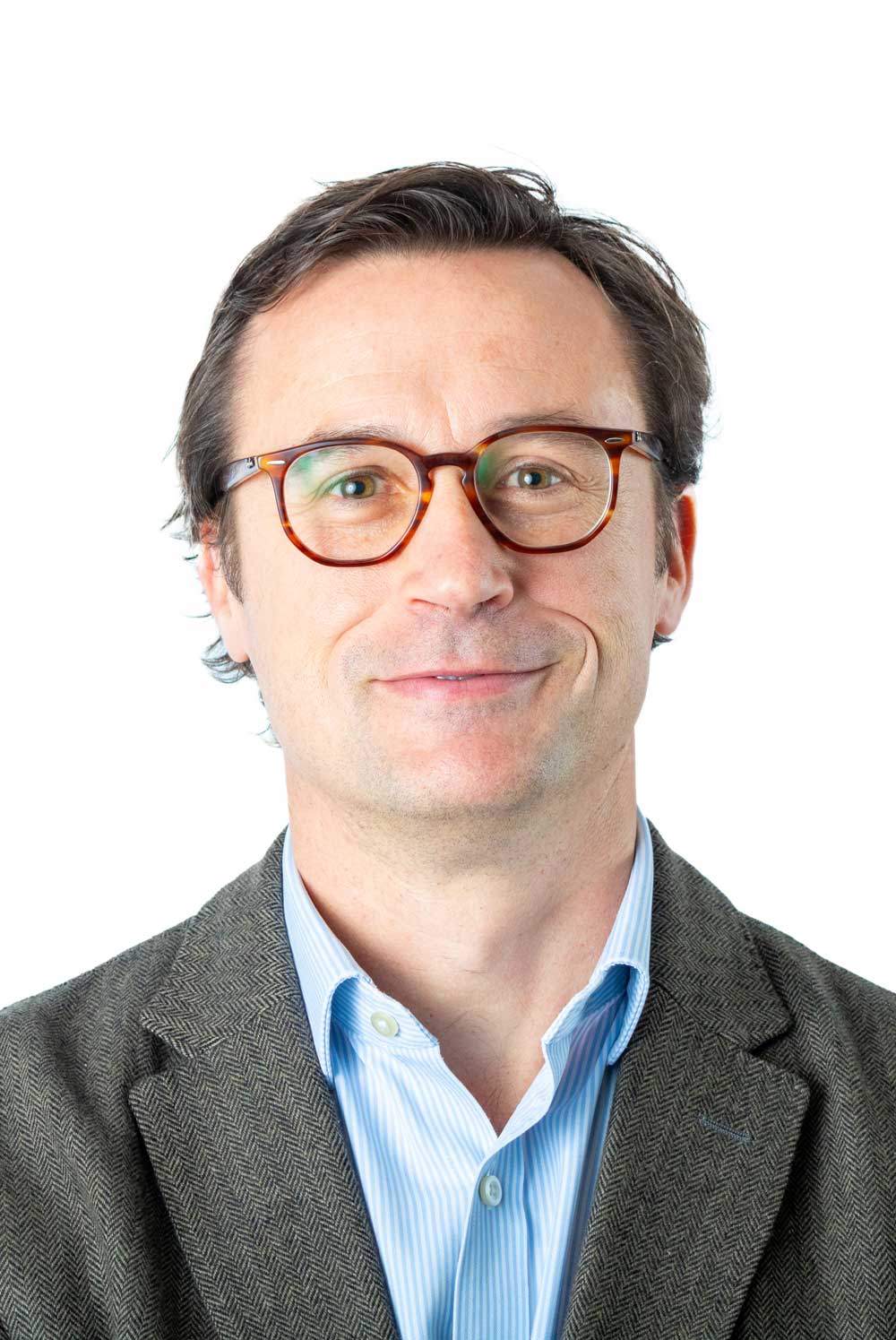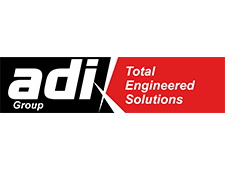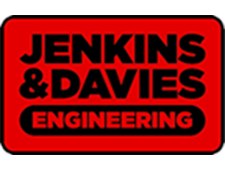EXOLUM: Versatile Exolum Flies High
World leading bulk liquid fuel transportation and storage business, Exolum, is embracing its position at the market’s forefront, bringing consistently quality service while paving the way for energy transition products. Gorka Penalva, Northwest Europe Commercial Lead, tells Energy Focus more about ongoing innovation and expansion.
Moving and storing liquid fuel products, at scale, with efficiency is the task for Exolum. With almost a century of experience, the Madrid headquartered multi-national is an industry leader, recognised as Europe’s leading logistics company in refined products, chemicals, biofuels, aviation fuel and more.
Today, the company is one of the world’s foremost organisations across pipeline transportation of liquid fuels, and its status was bolstered in 2020 when it acquired Inter Terminals, bringing 15 terminals in four countries into the CLH Group before dropping its CLH identity for Exolum in 2021.
However, the scenario continues to evolve for this internationally leading company in its sector. Demands from governments are changing as the public demand cleaner, more sustainable liquid fuel options. Companies have embraced ESG strategies and are looking to embed green power in portfolios where possible.
Gorka Penalva, Northwest Europe (NWE) Commercial Lead at Exolum, tells Energy Focus that the company is working hard to develop new systems that can help deliver new products for customers.
“Right now, we are focus on two products,” he opens. “Hydrotreated Vegetable Oil (HVO) is something we have seen a lot of clients asking us more about and where we have seen more tanks being turned. Sustainable Aviation Fuel (SAF) is also key as we have the pipeline and a big network. We want to be a leader in that product and we want to blend and transport as much as clients need while giving them support that they require from new legislation.”

Gorka Penalva, Northwest Europe (NWE) Commercial Lead
NEW BUSINESS
In the aviation sector, last February, the company was awarded a tender for work at Charles de Gaulle Airport in Paris. Exolum – from April 2025 – will operate and maintain the fuel terminal while investing more than €200 million to develop facilities that will cater to future demands for SAF and kerosene. Expansion of this nature is part of the Exolum strategy, and Penalva – a former trader who worked all over the world for a major energy business – says that management is keen on widespread, sustainable expansion.
“Exolum has experienced exponential growth over the past decade, with a particular focus on our aviation business. Our presence has strengthened at key airports, reflecting our ability to adapt and thrive in competitive markets. Our vision is one of continued growth and expansion, always looking for new opportunities to take our services to new countries. Geographic expansion is not only an integral part of our strategy, but a testament to our competence and expertise in the aviation sector.”
Exolum, which is ISO14001 certified, is committed to evolving with its customers. A key pillar in this change process is the determination to continue to transport and store products efficiently and sustainably. To this end, many existing infrastructures will be leveraged, with the ultimate goal of significantly reducing carbon emissions. This transition represents a step towards a more sustainable and environmentally friendly future.
In May 2024, evidence of its commitment was displayed when the company announced that it would spend €20 million at the Port of Bilbao to store biofuels alongside other bulk liquid products. Set for full operation by 2027, the new facility will maintain safety and efficiency as its main premises, and will connect into other company terminals. Built across multiple phases, the first will see five tanks built, able to store 29,000 m3. Further phases will expand the site, with biofuel being a key consideration.
Jorge Guillén, Spain Region Lead said that the investment in Bilbao was “an important step towards Exolum’s strategy of investing in Spain to develop and operate the logistics infrastructures required by new sustainable fuels, making further progress on energy transition objectives.”
Also in May, the company announced it would spend €12 million building a new fuel supply terminal at the main airport on the island of Lanzarote. With a capacity of 6000 m3, the new energy efficient facility will receive a complete overhaul adding new infrastructure and new efficiency.
VERSATILITY IS KEY
Penalva argues that the agility to adapt to a constantly evolving market is the key factor that allows Exolum to make crucial decisions to safeguard the future of the industry for the benefit of its customers.
“Our versatility is key, and we like to go into meetings and talk to clients with sufficient confidence so that they will tell us what they need. We can then adapt and deliver. Obviously, we are talking about significant infrastructure and it’s not something you can do from one day to the next, but we do try and be quick on our feet for our clients.
“At Exolum, we pride ourselves on being more than a provider of logistics and warehousing services; we are a comprehensive partner to our customers. Our specialisation lies in our ability to adapt to the changing needs of our customers, offering versatile and customised solutions. We do not limit ourselves to a predefined list of services. Instead, our strength lies in our ability to innovate and expand into new sectors. An example of this is our foray into the hydrogen sector, although our core business remains logistics, a field in which we have accumulated a century of experience. We recognise that today’s market is challenging and conditions can be tough for our customers. That is why we strive to be efficient, versatile and meet all our customers’ requirements, providing exceptional service in all circumstances.”
Exolum was also busy recently at the Port of Gijon, committing €3 million to bulk liquid product storage terminal modernisation. The company gained the management contract of the 67,000 m3 capacity terminal on Spain’s northern coast, and will over a 15-year concession create capacity for tanks to transport and store modern products such as biofuel, eco-fuel, hydrogen, ammonia, methanol and derivatives.
Exolum operates in 11 countries (Spain, the United Kingdom, Ireland, Germany, the Netherlands, Portugal, France, the United States, Panama, Ecuador and Peru) with a pipeline network of over 6,000 kilometres, 69 storage terminals and 48 airport facilities, and a total storage capacity of more than 11 million m3.
CLEAN FUELS
Going forward, the energy transition is firmly on the agenda for Exolum and while the company remains committed to diligently fulfilling the needs of its clients, it is also innovating to ensure all options for low carbon products to be stored and moved are on the table.
In April, Exolum CEO Jorge Lanza confirmed that SAF was critical in the future of the industry.
“We are adapting our infrastructure to the demand for clean fuels,” he said. “For example, at the Madrid and Barcelona airports we can store and transport SAF by hydrant, which reduces carbon dioxide emissions by 80%.”
He also discussed the inevitable growth of the hydrogen economy and how the company will look to adapt existing infrastructure to accommodate the element in the future.
“Last year we began operating the first and, for the moment, only hydrogen station for movility in the Madrid region. We aim to provide hydrogen transport and storage services. For this reason, we have also entered the ammonia market in the US, the world leader in adapting those supply chains,” he said.
Penalva agrees, and he explains that part of the new Exolum identity was embracing the Clean Energies division which forms a key part of the NWE structure.
“It is imperative that we keep our focus on the energy transition, which is where banks and other institutions are deploying their investments. However, to secure our place in that future, we must focus on the present. It is in the here and now that we are devoting our efforts and building the foundations for that promising future,” he states with conviction.
“After the acquisition of Inter Terminals in 2020, we grew substantially, restructuring the business to create three business units. Firstly, the Spanish unit, which has 4,000 kilometers of pipelines and 39 storage terminals, and from where it also manages the aviation business with presence in 48 airports in Spain, Europe and Latin America. Then we have Northwest Europe, headed from London, comprising all of the businesses that we have in the UK, Netherlands, and Germany. The third unit is Clean Energies which focuses on energy transition products and although it is new and different, we all work very closely together.”
This lean and focused structure has allowed Exolum to boom, opening up discussions with more clients, and allowing for innovation across multiple new product lines.
Penalva emphasises the importance of looking beyond revenues and striving to be more efficient, especially in preparation for the energy transition. “It is essential to consider costs. We understand that our customers value their investment and therefore we strive to be the most efficient company possible. We see ourselves as a high quality service provider and take pride in the service we offer. While our initial investment may be higher than others, we firmly believe that the superior quality of our services and long-term efficiency provide exceptional value.
In an uncertain world, with quickly-changing markets – many of which are interconnected – value for money and world-class quality standards are a must. That is why, when looking for confidence and assurance, Exolum continues to stand as an industry leader, driving its own growth but also pushing boundaries across the sector.
“We are firmly committed to growth,” says Penalva with determination. “Our track record demonstrates strong and consistent investment, and we already have several units in operation, including the HS units in Madrid and the ammonia plant in Houston. Our philosophy is based on excellence and efficiency. We strongly believe in the quality of our work and the importance of doing things right. We maintain a clear and focused vision both on the immediate tasks and on our medium-term plans for the next three to five years. Our goal is a sustained and steady growth of our business. At the same time, we are fully committed to preparing for the energy transition, making sure we are ready for the challenges of the future.”



